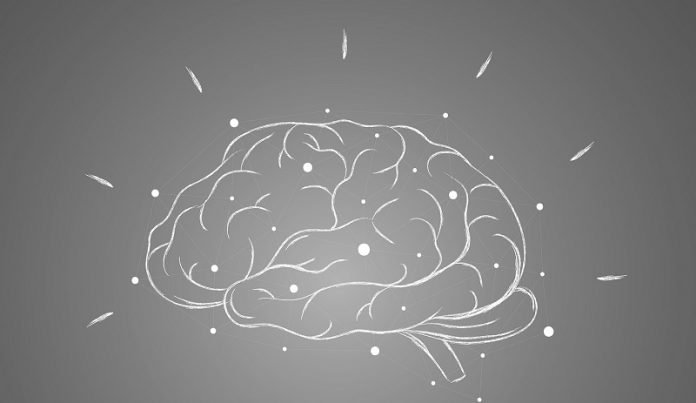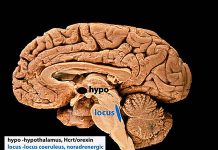
In a study from Baylor College of Medicine, scientists found deep brain stimulation can halve the symptoms of severe obsessive-compulsive disorder, or OCD as it is commonly known.
They found two-thirds of those affected experienced substantial improvement within two years.
OCD is characterized by intrusive and persistent obsessive thoughts along with dysfunctional and ritualized behaviors. It is thought to affect up to 3% of people.
It often begins early in life and is frequently accompanied by severe depression/anxiety. Those affected often find it difficult to go to school or work.
Drugs and cognitive behavioral therapy (CBT) can be very effective, but in around 1 in 10 cases, these approaches don’t work.
Deep brain stimulation, which involves implanting electrodes within certain areas of the brain to regulate abnormal electrical impulses, has emerged over the past few decades as a potential treatment for those with severe symptoms.
While various studies have suggested that the technique can be effective in people with OCD, they have not always quantified the impact of potentially influential factors.
In the study, researchers reviewed the results of 34 clinical trials with the aim of critically assessing how well deep brain stimulation alleviates OCD and associated depressive symptoms in adults.
The 34 studies included 352 adults with an average age of 40, and severe to extreme OCD, the symptoms of which had not improved despite treatment.
In 23 of the studies, participants were required to have had persistent symptoms for 5 or more years before consideration for surgery.
The team found on average symptoms had persisted for 24 years.
Deep brain stimulation reduced symptoms by 47%, and two-thirds of participants experienced substantial improvement within the monitoring period.
There was also a reduction in reported depressive symptoms, with complete resolution in nearly half of the participants and partial response in a further 16%.
Some 24 of the studies reported complete data on serious side effects, including hardware-related complications; infections; seizures; suicide attempts; stroke; and the development of new obsessions associated with stimulation.
Overall, 78 participants experienced at least one serious side effect.
The findings prompt the researchers to conclude that there’s “a strong evidence base” in support of the use of deep brain stimulation for the treatment of severe persistent OCD and associated depression.
But they caution that while these results are encouraging, it is important to remember that deep brain stimulation is not without its limitations.
If you care about brain health, please read studies about slow exercise that could bring benefits for people with dementia, and extra virgin olive oil may protect against multiple types of dementia.
For more information about brain health, please see recent studies about why people with type 2 diabetes develop dementia, and results showing healthy lifestyle can lower dementia risk despite a family history of dementia.
The study was conducted by Sameer Sheth et al and published in the Journal of Neurology Neurosurgery & Psychiatry.
Copyright © 2022 Knowridge Science Report. All rights reserved.



